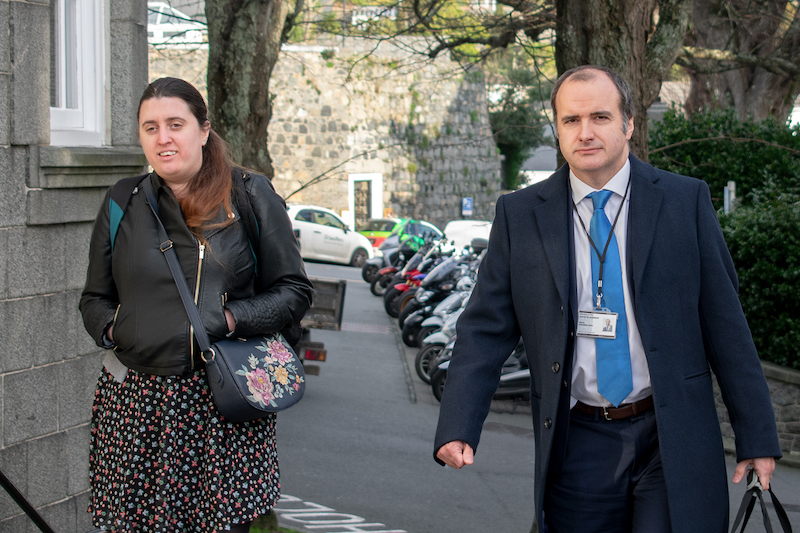

ESC members accused of political interference in the recruitment process for a Head of Curriculum and Standards will never be exonerated or indicted, after the States decided against a Tribunal of Inquiry into the long-running saga.
Despite the pleas of the Scrutiny Management Committee, which was asking for £150,000 to commission a tribunal backed by full legal powers, they could not secure majority support from the States.
The debate ended in a 17-17 tied vote, with five abstentions, meaning the proposal was defeated.
"The only reason we are proposing this is because we see no other realistic alternative of investigating this matter in an effective way," Committee President Chris Green said in his closing speech.
"It is after careful analysis that we have concluded that it cannot be done in any other way."
The result means that an investigation into Education's conduct will not take place, as Scrutiny has repeatedly said it does not have the powers to carry out a "full and frank" review.

Pictured: Deputy Matt Fallaize is the political member at the centre of the controversy surrounding the appointment of Clare Sealy.
All members of ESC abstained from the vote as they thought it would be improper to vote either way.
However, committee members insisted they wanted the truth to come as they had nothing to hide.
Deputy Peter Roffey put this in the strongest terms.
"Nobody throughout this whole episode has wanted to shine a light on this more than us."
Much of the data provided to Scrutiny had been redacted and Deputy Roffey said it would have been unlawful under Data Protection laws to supply all uncensored documentation.
He admitted that this itself is symptomatic of a wider problem.
"It is absurd, ludicrous and bonkers that one arm of the organisation cannot share information with the other arm of the organisation."
We tried to do an independent review on a non-statutory basis: it didn't get anywhere. The States rejected a re-commencement of tgar review. We asked for a statutory tribunal: that has been lost on a tied vote. My Committee cannot usefully do anything more on this subject.
— Christopher Green (@deputycgreen) March 18, 2020
There were differing views in the St James-staged meeting about the role of data protection, with Deputy Peter Ferbrache saying it "had caused this problem" and that he "spits out the words data protection".
This was rejected by Home Affairs President Mary Lowe, who said that data protection itself was not new and that it was "wrong for it to be used time and time again as an excuse" given that the States had approved the new mechanism allowing for fines to be issued.
Deputy Emilie McSwiggan said a Tribunal of Inquiry would violate the rights of civil servants and former civil servants who had asked for their information to be redacted.
"Scrutiny is asking us to ride roughshot over their basic protections."

Pictured: Deputies Emilie McSwiggan and Chris Green found themselves on opposite sides of the debate.
Deputy Neil Inder put together a financial argument against staging a tribunal. He said Scrutiny had clearly "tried their damnedest in difficult", but in light of the evolving corona virus situation, he could not support any financial proposal that was not absolutely necessary.
Others in the chamber said the cost of not having a tribunal was a high price to pay.
"The public have little confidence [in the States] as it is and rejecting these proposals will only perpetuate that," said Deputy Marc Leadbeater, while Deputy Laurie Queripel said the reputational damage to the States was a "deep wound" that had to be treated.
Pictured: The States in St James yesterday.
Comments
Comments on this story express the views of the commentator only, not Bailiwick Publishing. We are unable to guarantee the accuracy of any of those comments.